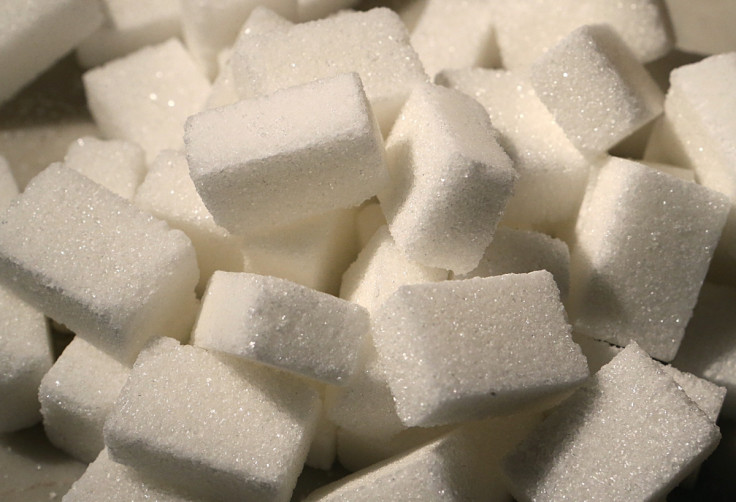We must commend George Osborne's brave sugar tax: Inaction on obesity is not an option

Amid his missed targets and proposed brutal cuts on thousands of disabled people (on which he has been forced to u-turn), Chancellor George Osborne's sweet sugar tax is a welcome measure in the fight to tackle the growing child obesity epidemic plaguing the nation.
The moans and grumbles from many MPs and pundits about the nanny state since this announcement are not surprising, but it is clear to me that inaction is simply not an option anymore.
The average Brit consumes one pound of sugar a week. Soft drinks are the largest single source of sugar consumption for children and teenagers; one serving contains more than half the recommended maximum of their daily sugar intake. One third of 10 and 11 year olds and more than one-fifth of four and five year olds are classified as obese or overweight according to a study published in 2014 by England Public Health.
Promises need to be translated into action to reduce these alarming statistics. Childhood obesity is a global epidemic and results in an increased risk of developing health problems such as Type 2 diabetes, heart disease, and bone and joint diseases that can have irreversible long-lasting effects.
Read more: Now we can't walk up escalators? TfL's nanny state lesson in laziness
At first, my liberal instinct was that if you want to mess up your own health, you should be free to do so and the state should not tell you how to live your life. What's made me change my mind is the lack of information that is preventing people from making a real conscious choice.
As Nick Clegg recently said: "If you don't know what you're really eating — or you have to have a PhD in nutrition to interpret the information on the packaging — it's harder to exercise true freedom of choice."
Sugar hides in plain sight under many pseudonyms such as glucose, fructose, and corn syrup and what is scariest is that even food being advertised as "healthy food" contains excessive amounts of sugar.
Osborne has a chance to stand up to the companies who were always going to make a fuss over this announcement. I can only hope he'll put his track record of pandering to corporations behind him and put the health of young people first.
There are already encouraging signs from other countries that have implemented similar measures. In Mexico for example, a ''soda tax'' raised more than $1bn (£670m) in its first year alone and helped reduce the consumption of sugary drinks by an average of 6%.
A sugar tax is not the solution to our nation's health problems, but it is a step in the right direction.
The proposed sugar tax will take effect in two years' time. It will levy 24 pence per litre on drinks that contain the highest concentration of sugar, while fizzy drinks with a lower concentration of sugar will be taxed 18 pence per litre.
Experts predict that the tax could help reduce obesity levels in up to 200,000 people, save the NHS £567m a year and raise £1bn to be spent on promoting sports programmes in primary schools. I welcome this commitment, however, it should not be used as an excuse for inaction on other fronts.
Read more: IDS is right to resign – I never saw any evidence of a conscience
We should be looking to stop targeted advertising at children, impose limits on heavy-handed marketing, reduce portion sizes and especially give consumers simpler descriptions so that we can see how many teaspoons of sugar are contained in the yoghurt or juices we buy.
More research and evidence is still needed, but considering the potential gains, it would be foolish not to give it a go.
After a budget which has again put the wealthy before the majority, George Osborne has a chance to stand up to the companies who were always going to make a fuss over this announcement. I can only hope he'll put his track record of pandering to corporations behind him and put the health of young people first.
Tom Brake is Liberal Democrat MP for Carshalton and Wallington
© Copyright IBTimes 2025. All rights reserved.






















